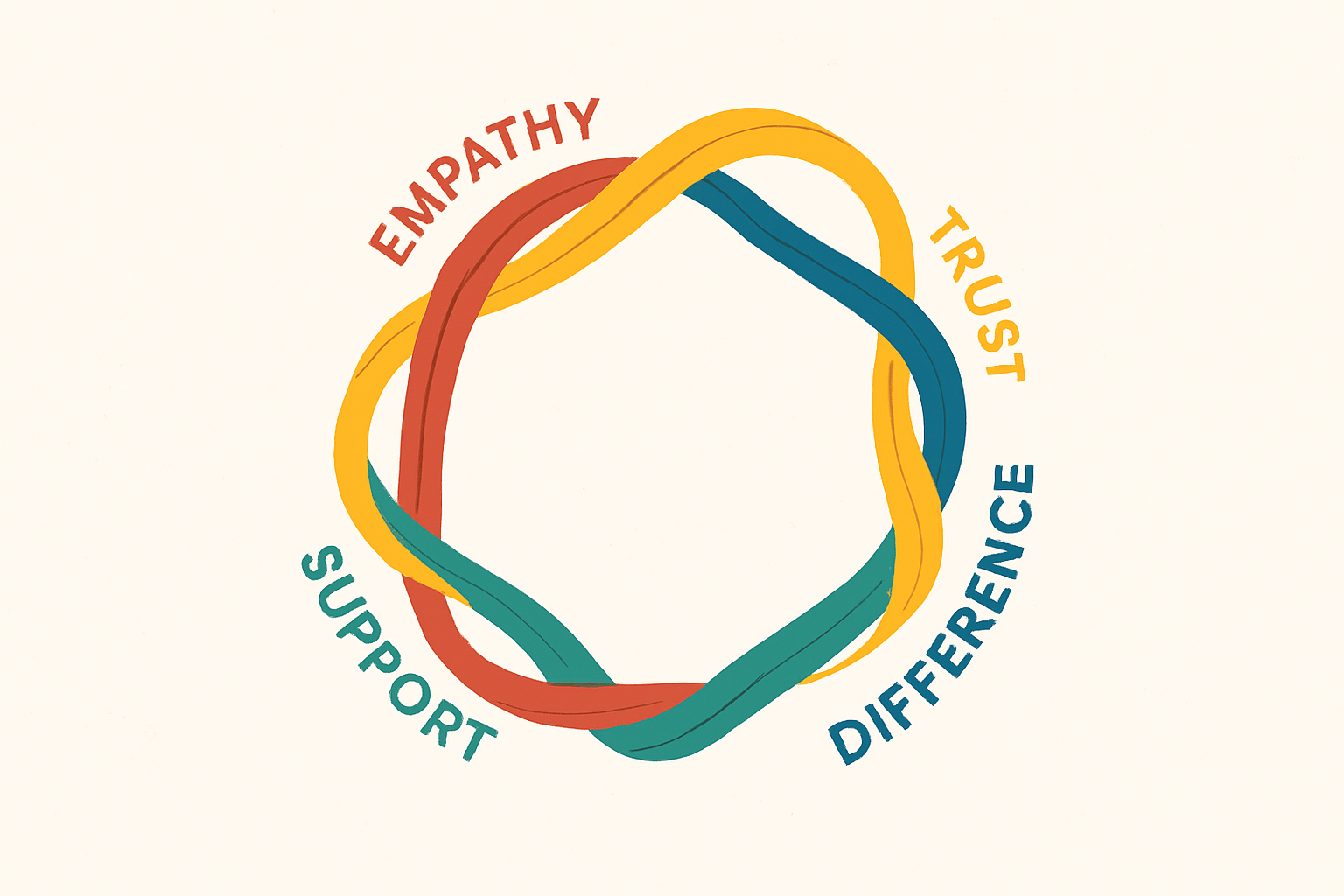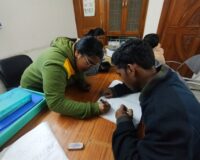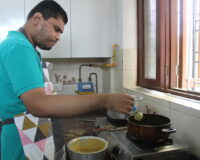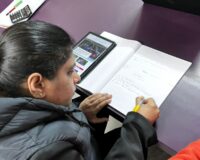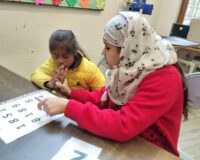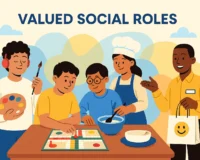Friendship, Neurodiversity, and the Power of Interdependence
Friendship is one of life’s greatest joys—a source of laughter, belonging, and emotional well-being. But for neurodivergent people, including those on the autism spectrum, forming and sustaining friendships can be more complex due to differences in communication, social understanding, and sensory experiences.
In a society that glorifies independence, these friendships can be unintentionally overlooked or undervalued. Yet, in reality, true human flourishing happens through interdependence and connection, not isolation.
Friendship Through the Lens of Social Role Valorization (SRV)
“The roles we are given by society shape our dignity, opportunity, and inclusion.” – Wolfensberger, SRV

Social Role Valorization (SRV) reminds us that the roles society assigns to people—friend, colleague, neighbor, or “burden,” “client,” or “eternal child”—directly influence dignity and belonging.
When friendship with neurodivergent people is overlooked or seen as charity, we risk:
- Reinforcing stigmatizing roles like “object of pity.”
- Devaluing authentic relationships that enrich everyone involved.
- Missing opportunities for mutual joy and growth.
Friendship grounded in interdependence transforms this dynamic into a two-way relationship of respect, support, and celebration.
Friendship as Interdependence
Friendship with neurodivergent individuals is not one-sided care—it’s a mutual, life-giving connection.
Key truths about interdependent friendships:
- All friendships involve support. Both neurotypical and neurodivergent friends give and receive in different ways.
- Needing help does not lessen dignity. Supports for communication, sensory needs, or social navigation are part of being human.
- Diversity enriches relationships. Different ways of thinking and engaging add depth and creativity to friendships.
“Human beings thrive through support, cooperation, and community, rather than strict independence.”

Nurturing Friendships with Neurodivergent People
Friendships may look different for neurodivergent individuals, but with intentional support, they can be deeply fulfilling.
1. Celebrate Unique Strengths
- Embrace passions and skills—art, music, technology, animals.
- Create shared experiences: join clubs, host art sessions, or organize interest-based activities.
- SRV Lens: Building on strengths fosters valued social roles—artist, teammate, collaborator.
2. Start Small and Grow Naturally
- Prefer one-on-one or small-group interactions before larger gatherings.
- Set achievable social goals, offering safe spaces for sensory breaks.
- SRV Lens: Respecting comfort levels affirms dignity and prevents roles like “outsider.”
3. Support Communication and Understanding
- Use clear language, role-play, visual supports, and social stories.
- Value alternative communication methods, from gestures to assistive devices.
- SRV Lens: Facilitating communication opens doors to roles like friend, peer, or collaborator.
Friendship as a Path to Inclusive Communities
When we embrace interdependence in friendships, we:
- Help families see support as strength.
- Inspire schools and workplaces to value diverse contributions.
- Build communities rooted in mutual care and belonging.
“Interdependence promotes relationships where everyone is valued and contributes, emphasizing solidarity and community.”
Thriving Together
Friendship with neurodivergent people is not charity—it is shared humanity.
By nurturing mutual friendships, we:
- Break down the myth of independence.
- Celebrate diversity and shared growth.
- Build inclusive, interdependent communities where everyone belongs.
“It’s OK to be autistic—it’s not wrong for us to be the way we are.” – Jim Sinclair
Friendship becomes not just a bond, but a bridge—to dignity, belonging, and flourishing for all.
Scholarly and Conceptual References:
- Wolfensberger, W. (2013). Social Role Valorization: A Proposed New Term for the Principle of Normalization.
- Silberman, S. (2015). NeuroTribes: The Legacy of Autism and the Future of Neurodiversity. Penguin.
- Sinclair, J. (1993). “Don’t Mourn for Us” – in Loud Hands: Autistic People, Speaking (also available at http://www.autreat.com/dont_mourn.html)
- National Autistic Society – https://www.autism.org.uk
- Autism Speaks – https://www.autismspeaks.org
- Child Mind Institute – https://childmind.org


